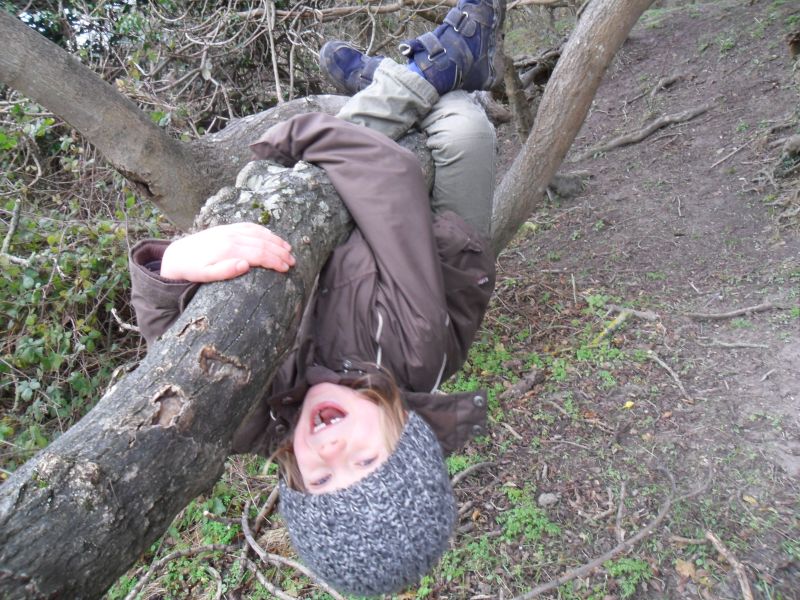What is so wrong with praising a child?

Praise directed at a child isn’t initially wanted or expected. It’s quite rude, really. “Well done! You got the ball! Good boy!” How condescending that sounds. It certainly implies we didn’t expect him to catch it, which also suggests we think the child is incompetent.
Praise is a strategy of Child-raising used to form children to act as they should, how we want them to or how society requires them to, a means to an end, and it goes hand-in-hand with punishment and love-withdrawal.
By implementing praise you are taking your child’s natural self-reliance and self-confidence away, forcing him to be dependent on you for any feelings of joy about something he has made/said/thought etc. Without your approval, the thing is worthless.
Praising children for things that are really not all that good makes them feel like they couldn’t please you properly anyway - they know subconsciously their ‘thing’ was not worth all that wowing and cooing. Next time they may not even bother trying so hard; your reaction is always so elated.
Children who are hooked on praise to feel validated will jump about you, saying “Mummy, Mummy look!” and in the end you’ll barely even look and your words will lack any authenticity. (This is additionally dangerous as your child could harm himself when he is, for example, looking at your reaction, rather than concentrating on himself while demonstrating something.) Your child is now addicted and requires your praise to still his need for love and acceptance.
If our love is connected to conditions that our children must fulfill, it goes without saying, that love is given and withdrawn at a moment’s notice.
Most adults were raised with praise and punishment. They couldn’t count on their parents' loving feelings toward them, as praise and punishment were held over their heads, ready to be revoked should they have stepped out of line or had a mishap. Love became measurable; scarce; earned. These are the conditions we come from; this is the conditioning we underwent.
Parents must overcome their deeply embedded fear of giving too much love, thinking children would take advantage of them and ‘walk all over them’.
It is vital for a healthy psyche to feel unconditionally accepted, loved and respected. When this is given there is space to direct focus to exciting, challenging things in life, extending knowledge and experience, rather than being caught in an infinite fight for the love that is a birthright.
The core of living authentically, without implementing child-raising methods such as praise, is to accept our children and their needs, allowing them to live free of worry about gaining our approval. In order to do this we must question our conditioning and socialization and eradicate the nonsense we may find.
Free your children from their forced dependency and love them unconditionally.
I invite you to take your liberty and join the revolution!



